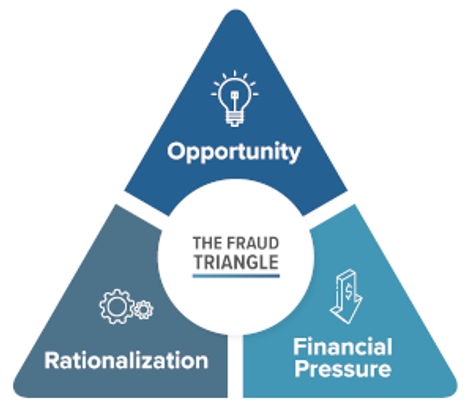What is Asset Checks?
An asset check is a detailed investigation into a person’s or business’s financial holdings — both visible and hidden. It plays an important role in insurance claims, subrogation cases, and fraud detection.
By finding all known and hidden assets, investigators create a clear picture of someone’s financial situation, motives, and possible fraudulent behavior. This also helps assess their ability to meet financial responsibilities during subrogation cases.
What Areas Do Asset Checks Cover?
Asset checks explore several areas that help reveal a person’s or company’s financial truth.
1. Real Estate
Property owned by an individual or company can show hidden liabilities, extra insurance policies, or undisclosed income. Fixed assets like ski villas, horse farms, or lakeside homes often indicate additional wealth or activity.
2. Vehicles
Cars, boats, and recreational vehicles can expose lifestyle habits that don’t match a claimant’s stated limits. For example, having a pilot’s license requires passing medical checks — which may conflict with a claim of disability.
3. Business Ownership
Looking into business connections can uncover hidden income or false claims linked to unreported ventures.
4. Debts and Liabilities
Mortgages, loans, and other debts reveal someone’s financial stability and possible pressure points that may drive dishonest actions.
5. Intellectual Property
Patents, trademarks, or royalties can expose income streams that are often missed. These may include online sales, writing, or design work that generates extra, undeclared income.

The Fraud Triangle and Asset Checks
The fraud triangle is a model used by anti-fraud professionals to identify high risks of fraud. It was developed by criminologist Donald R. Cressey in the 1970s and it explains that three factors opportunity, pressure, and justification — often lead to fraud.
Asset checks directly address each of these factors and help identify where risks exist.
- Opportunity: Asset searches help in the identification of assets that may be concealed from the claims process. Businesses, some properties, airplanes, boats, recreational vehicles, all indicate a possibility of activities.
- Pressures: Large debts or financial stress identified during an asset check can point to motives behind fraudulent behavior
- Justification: Reviewing when assets were bought or sold can highlight a person’s past financial decisions and show patterns in their behavior.
How Asset Checks Supports Investigations?
Asset checks are not just about finding hidden wealth, they also help guide smart decisions in different investigative areas.
1. Subrogation Claims
Investigators identify assets to confirm whether it makes sense to pursue repayment. This ensures insurers only act when it’s financially practical.
2. Fraud Detection
In workers’ compensation and personal injury cases, asset checks can reveal hidden property or income. This prevents false claims and ensures that only those truly entitled receive benefits.
3. Background Checks
Asset checks can reveal financial connections that show unethical activity. For example, if a medical provider bills too much for diagnostic tests, an asset check may uncover that they own the testing facility a sign of self-referral fraud.
4. Evaluating Subrogation Costs
By mapping all known assets, insurers can judge whether recovery efforts are worth the expense.
Sometimes, pursuing a case may be more about setting a standard or discouraging future fraud.
Why Are Asset Checks Essential?
Understanding someone’s finances and spotting hidden assets are vital to protecting insurance stakeholders. Asset checks give claims professionals clear, accurate data to make informed and fair decisions. As a result, they reduce fraud, strengthen compliance, and promote transparency in the insurance industry.
The real power of an asset check lies in its ability to uncover the truth.
It gives insurers, investigators, and legal teams the knowledge needed to make wise, ethical decisions. By using this investigative tool, organizations can prevent fraud and protect valuable financial resources.
Contact Us Today
Frasco® Investigative Services delivers ethical and efficient solutions tailored to your needs. Have questions or want to discuss your investigative needs further? Contact one of our experienced experts today to find the answers you’re looking for.
Disclaimer: This blog post is for informational purposes only and should not be considered legal advice. Please consult your general counsel for specific legal guidance. Frasco investigators are licensed, and our operations comply with US industry, federal, state, and local laws.

